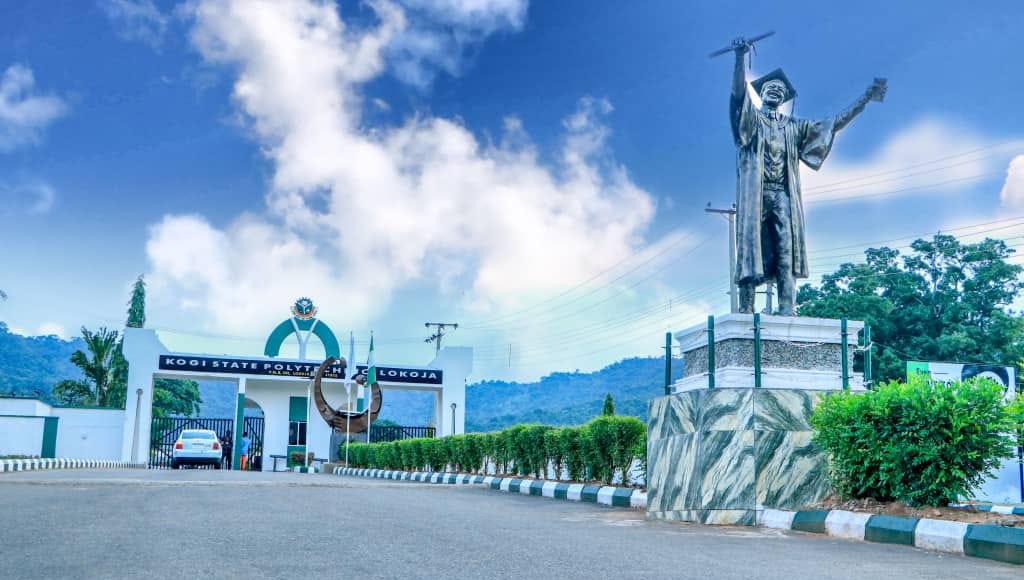By Atoyebi Nike
13th May, 2025
No fewer than 50 lecturers in Nigerian public tertiary institutions have been sanctioned for sexual misconduct between April 2021 and April 2025, reflecting a deep-rooted challenge in the country’s higher education system.
Disciplinary actions—ranging from dismissals to ongoing investigations—have affected academics across universities and polytechnics nationwide. Among the sanctioned are senior lecturers and professors, revealing how widespread and entrenched the problem remains.
The cases span institutions such as Obafemi Awolowo University, University of Lagos, Federal University Lokoja, Abubakar Tafawa Balewa University, and Lagos State University of Science and Technology, among many others.
One of the most recent dismissals occurred on April 24, 2025, when the Governing Council of Abubakar Tafawa Balewa University, Bauchi, terminated Dr. Usman Aliyu after he was found guilty of harassing a married postgraduate student, Mrs. Kamila Aliyu. She had petitioned the university in 2024, accusing the lecturer of coercion and threats to her academic progress.
Just ten days earlier, Lagos State University of Science and Technology dismissed three lecturers over similar allegations. The university stated the action followed deliberations by its Governing Council in accordance with staff conduct policies.
Other cases include the 2024 arrest of a University of Nigeria lecturer, Mr. Mfonobong Udoudom, following the circulation of a video allegedly showing him harassing a student. He had been suspended prior to the arrest.
Institutions such as Federal University Lokoja, Abia State University, University of Port Harcourt, Tai Solarin University of Education, and Kogi State Polytechnic have all taken disciplinary action in recent years. Some cases involved professors and multiple offenders from the same departments.
Despite these efforts, concerns remain about the adequacy of current accountability mechanisms. In 2021, the Nigerian Senate passed a bill prescribing a 21-year jail term for lecturers found guilty of sexual exploitation—but the bill has not yet been signed into law.
Advocating for systemic reform, Mr. Onoja Baba of Kogi State Polytechnic has proposed a “Digital Anonymous Feedback System” to allow students to report harassment safely. “Students fear backlash, especially when the accused are powerful faculty members,” he said. “We must rethink our reporting structures.”
As public awareness grows and institutions are increasingly pressured to act, education stakeholders argue that protecting students and restoring academic integrity require not just punitive measures, but also long-term reforms in reporting systems, gender policies, and ethical training.


